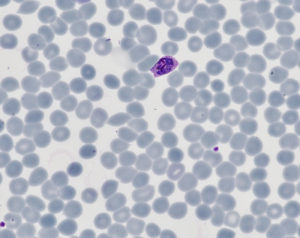26 January, 2016
On Monday, George Osbourne and Bill Gates announced a new £3 billion pledge to help reduce deaths caused by malaria.

The UK government has stepped-up its contribution to global health with new funding to fight malaria, drug-resistant infections and dangerous disease outbreaks.
On Monday, George Osbourne and Bill Gates announced a new £3 billion pledge to help reduce deaths caused by malaria.
This means that over the next five years the UK will be investing £500 million a year, while the Gates Foundation spends around $200 million a year. Together this amounts to a minimum £3 billion commitment from the two partners to support global efforts to fight malaria.
The Ross Fund will target drug resistant infections including malaria and TB, outbreak diseases such as Ebola, and neglected tropical diseases.This announcement builds on the new £1 billion Ross Fund (announced in November 2015), which aims to develop, test and deliver a range of new products (including vaccines, drugs and diagnostics) to help combat the world’s most serious infectious diseases in developing countries.
The latest summary of the Ross Fund explains its portfolio of programmes as:
- £100 million for research and development for infectious diseases
- £90 million for malaria implementation, as part of the UK’s investment towards reducing deaths from malaria by 90% by 2030
- £115 million to develop new drugs, diagnostics and insecticides for diseases of emerging resistance (including malaria and TB)
- £315 million fighting AMR (including £265m in the Fleming Fund to strengthen surveillance of drug resistance and laboratory capacity in developing countries)
- £188 million focussed on prevention and response to future disease outbreaks such as Ebola
- £200 million to tackle neglected tropical diseases
Visit the DFID website to find out more about the £3 billion commitment to fight malaria or the new Ross Fund.
